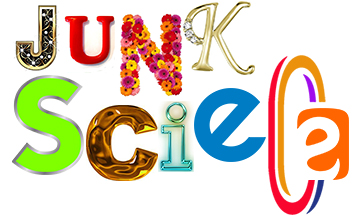 Closely related to reputation, credibility is at the heart of business success. Even if you havae a great product or service, if you have no credibility, you don’t have much.
Closely related to reputation, credibility is at the heart of business success. Even if you havae a great product or service, if you have no credibility, you don’t have much.
This issue came to mind when I received a newsletter from a potential supplier recently. It contained a statistic that I made me stop and wonder.
The newsletter stated—with some authority, I might add—that “the 40/40/20 rule of direct-response marketing says that the success of a campaign is based 40 percent on targeting the right audience, 40 percent on the offer you make, and 20 percent on your creative execution.”
On the surface, that sounds reasonable enough, but being a writer of direct response marketing, I was surprised that I had never even heard of this “rule.”
I queried the author who told me that many years ago, a fellow named Ed Mayer came up with it. She called Mr. Mayer a “leading authority.”
As it turns out, his 40/40/20 “rule” was actually a theory. In other words, he thought it to be true but had no hard facts or research to back it up.
So, in fact, there is no such “rule,” despite what the supplier stated in her newsletter.
Another example: A book on marketing recently stated that a customer will tell friends and family about a bad experience at least 15 times. It also stated that it’s fives time more expensive to find a new client than it is to keep one.
Again, these likely have some truth in them. However, when the author was queried, she stated, “I’ve seen/heard/read these two nuggets more times than I can count. I consider them to be akin to the tablets Moses brought down the mountain. I have accepted them as legitimate and have adopted them as truth.”
Many people believe in the spaghetti monster, too. It doesn’t make it true.
So, what’s the big deal? Well, it’s discomforting to know that she depends on that kind of junk science to make business decisions or recommendations to clients.
Now I find myself questioning everything she says because her credibility—and her reputation—is now suspect. Worse? It may have cost her a potential client.
Does your marketing material contain junk science?
